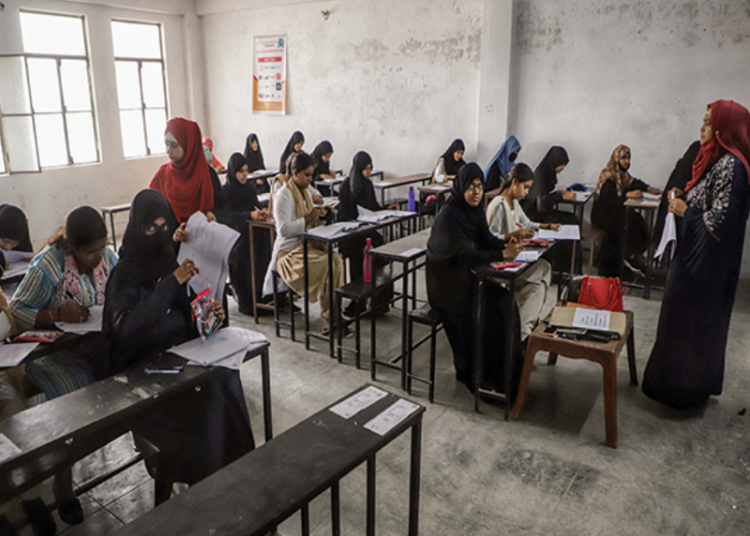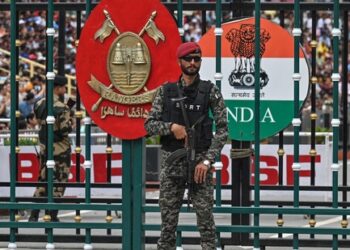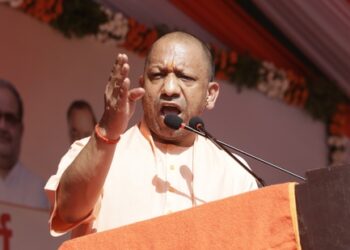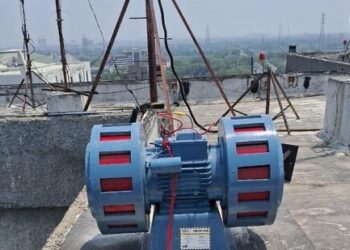The Madarsa Education Act, enacted by the Uttar Pradesh government nearly two decades ago, aimed to regulate and modernize the functioning of madrasas (Islamic educational institutions) in the state. However, the legislation has faced legal challenges, with critics arguing that it infringes upon the autonomy and religious character of madrasas.
In its ruling, the Allahabad High Court struck down key provisions of the Madarsa Education Act, deeming them unconstitutional and incompatible with the secular ethos of the Indian Constitution. The court held that the Act’s provisions impinged upon the rights of religious and linguistic minorities to establish and administer educational institutions of their choice.
The verdict has been hailed by advocates of religious freedom and minority rights, who view it as a reaffirmation of the principles of secularism and pluralism enshrined in the Constitution. They argue that the court’s decision upholds the fundamental rights of minority communities to preserve their cultural and religious identity through educational institutions such as madrasas.
Conversely, the ruling has sparked controversy among proponents of state intervention in educational matters, who argue that regulation is necessary to ensure quality and standardization in educational institutions, including madrasas. They contend that the court’s decision could undermine efforts to modernize madrasas and bring them in line with contemporary educational norms.
The Allahabad High Court’s verdict is likely to have far-reaching implications for the regulation of madrasas not only in Uttar Pradesh but also in other parts of the country. It underscores the delicate balance between state oversight and religious freedom in the sphere of education, a balance that has been the subject of ongoing legal and political debate.
The Uttar Pradesh government has yet to respond to the court’s ruling, but the decision is expected to reignite discussions about the role of the state in regulating educational institutions and safeguarding the rights of religious minorities. The implications of the verdict extend beyond the realm of madrasas, touching upon broader questions of secularism and minority rights in India.
As stakeholders assess the fallout of the Allahabad High Court’s judgment, the future of madrasa education in Uttar Pradesh and its implications for religious freedom and secularism in the country remain subjects of intense scrutiny and debate.


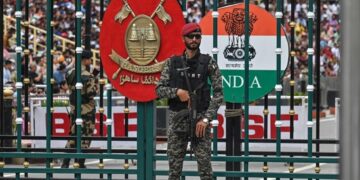




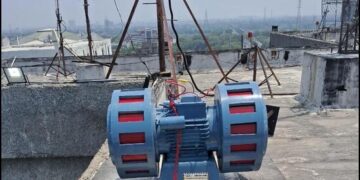
 India
India
